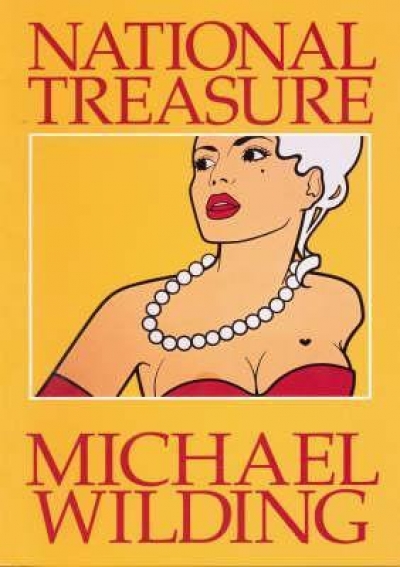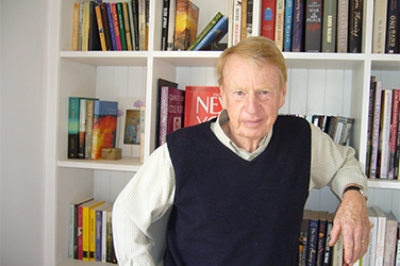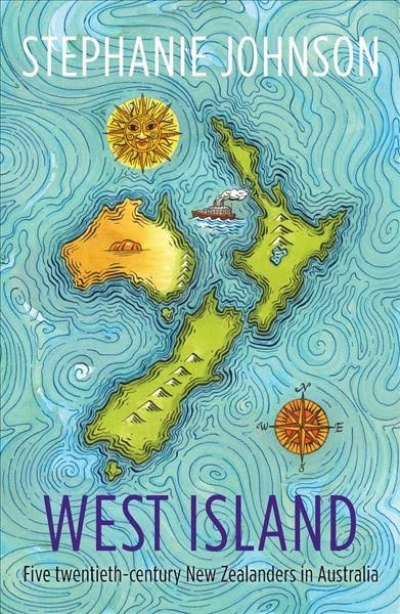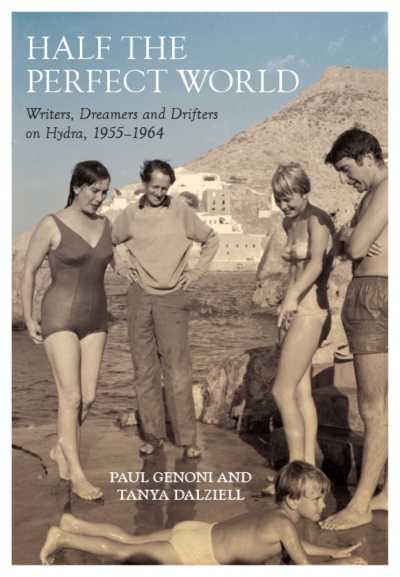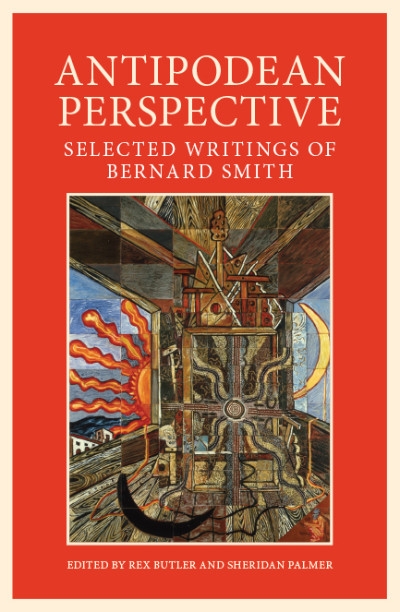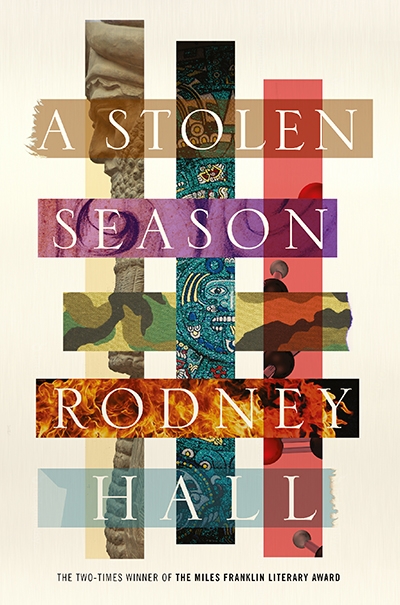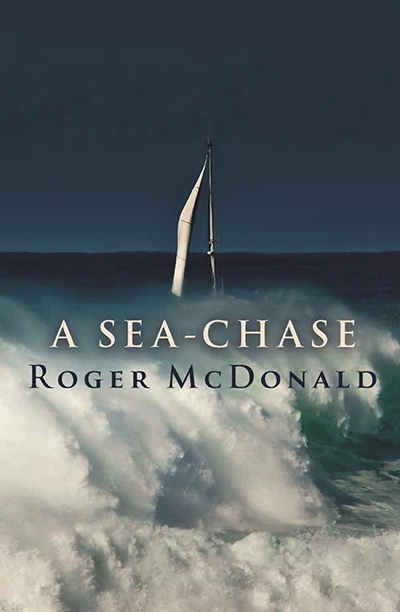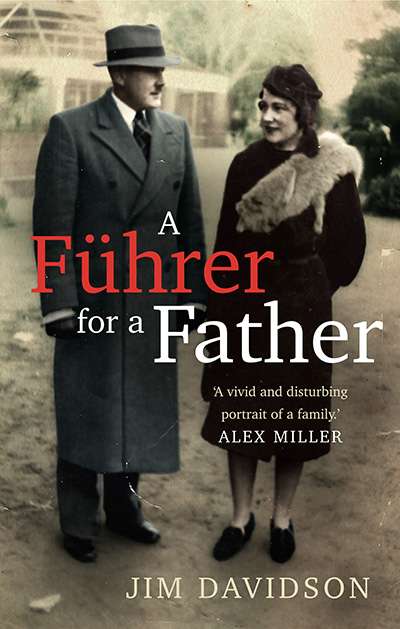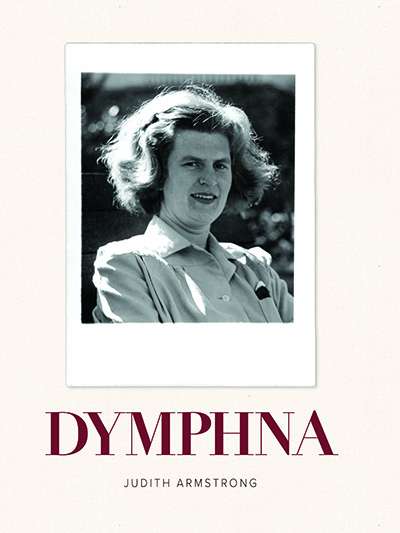Brian Matthews
What’s your point?
Dear Editor,
John Carmody, in the June issue, writes a letter loaded with tendentious and pejorative language to accuse me of thundering and provocation in my review of Richard J. Lane’s Fifty Key Literary Theorists (March 2007). Carmody portrays me as self-satisfied in the same breath as he refers to his own wryness. He advises me to use words more ‘clearly and carefully’, and then composes a sentence in which ‘eliding’ creates a ‘mélange’. He charges me with portentousness in a letter that consists almost entirely of windy rhetorical questions. I have only one question: what is his point?
... (read more)My father, Brian Matthews, who has died of cancer aged eighty-five, was a contributor to Australian Book Review for forty years. He enthusiastically supported the journal from the early days of its re-establishment in 1978 under the editorship of John McLaren. He wrote for it prolifically under later editors – never more so than under the current editorship.
... (read more)
